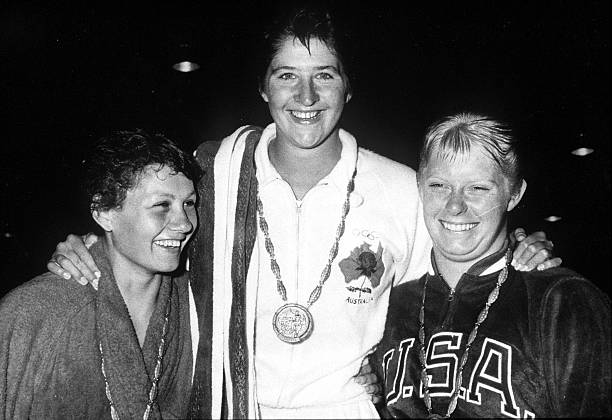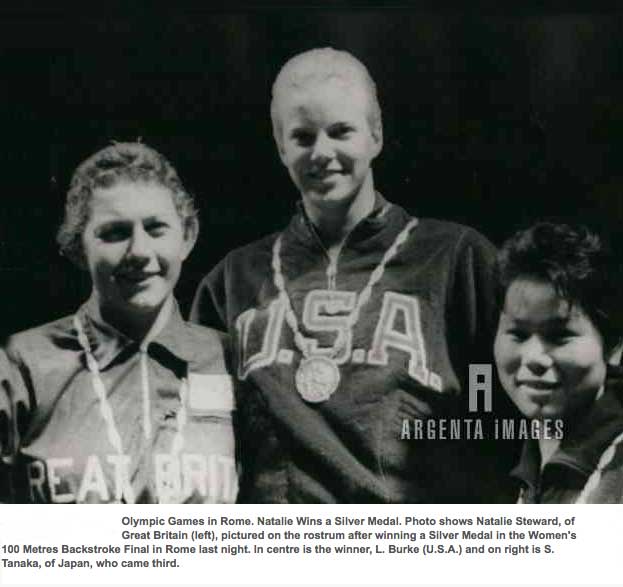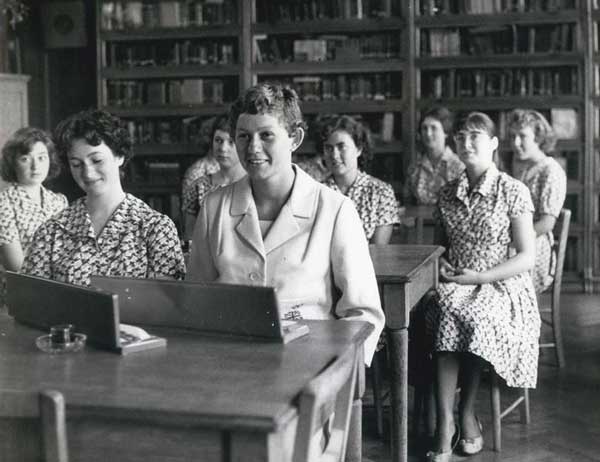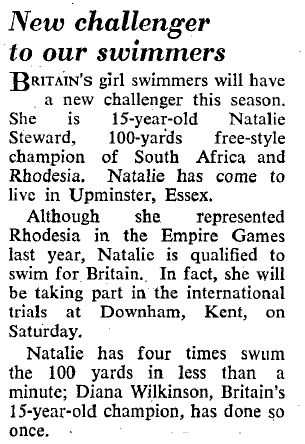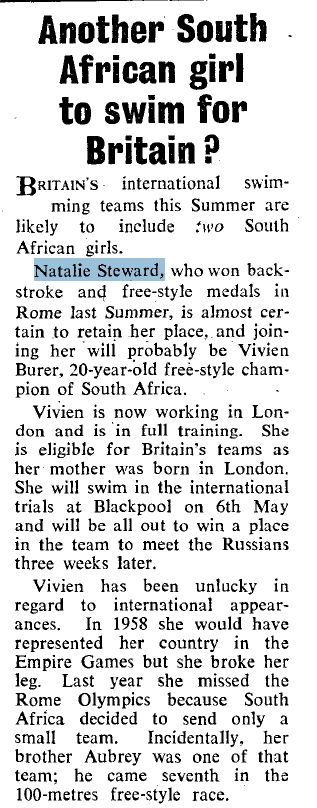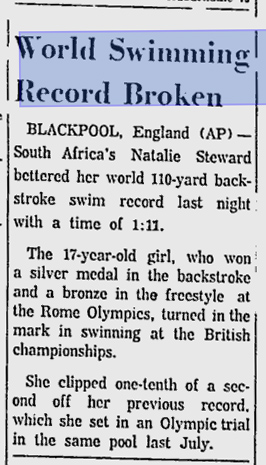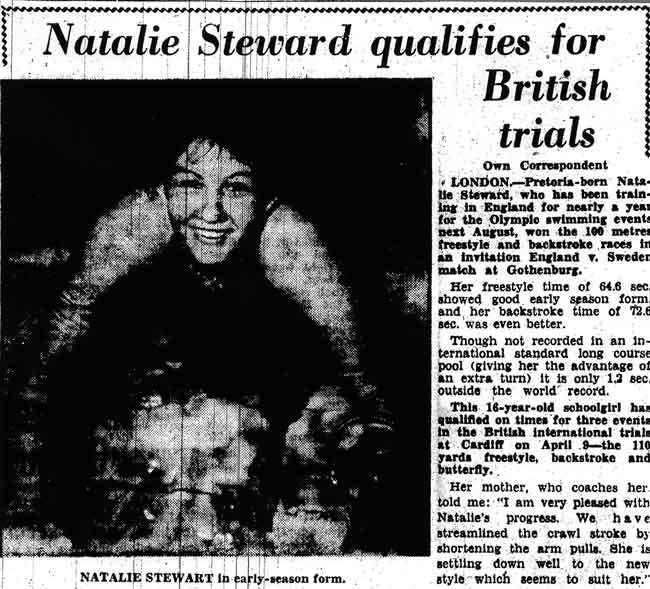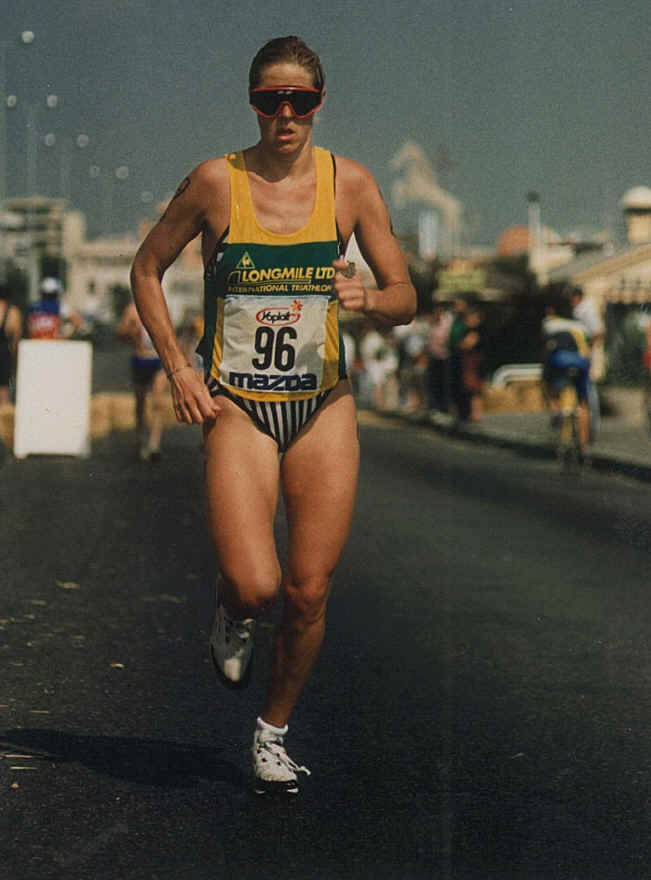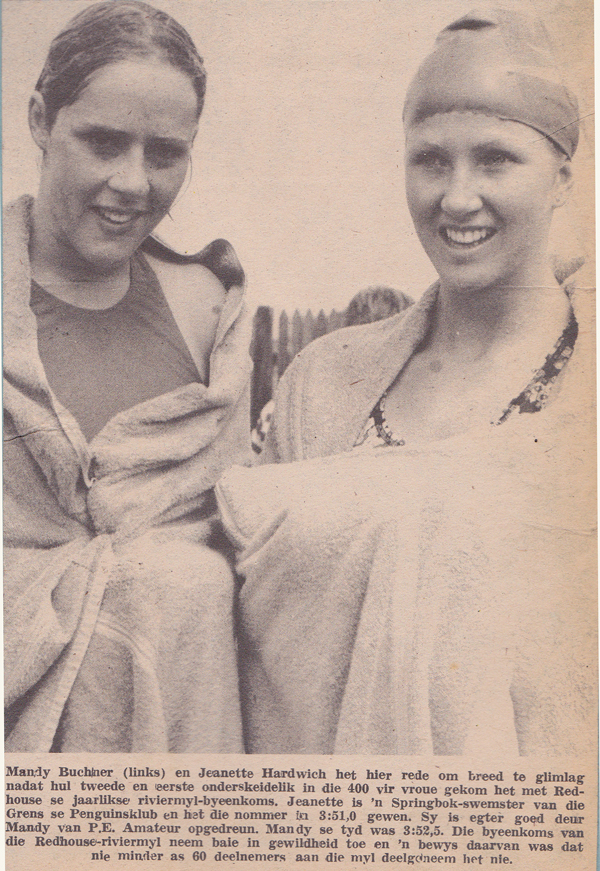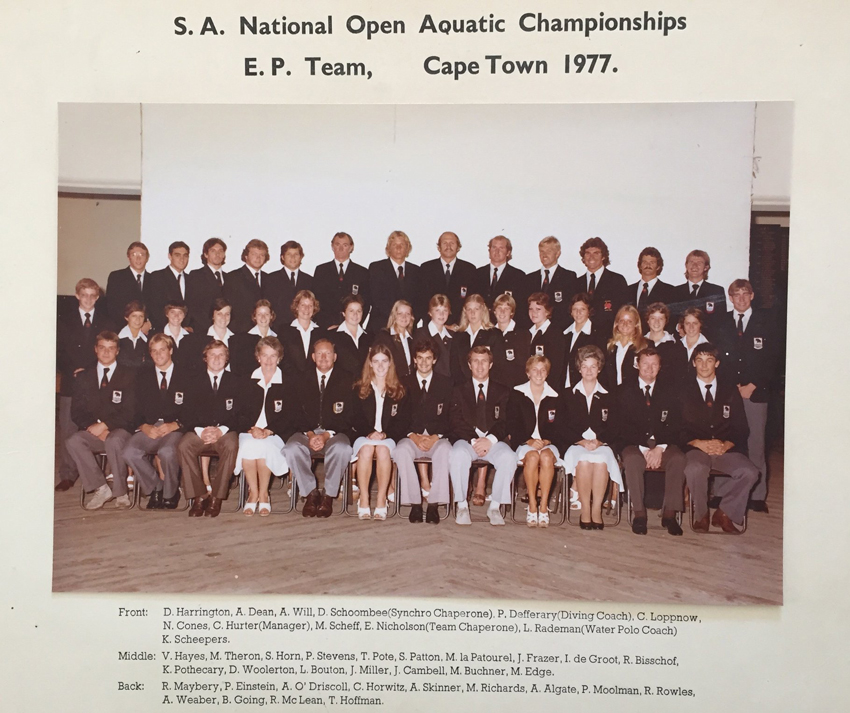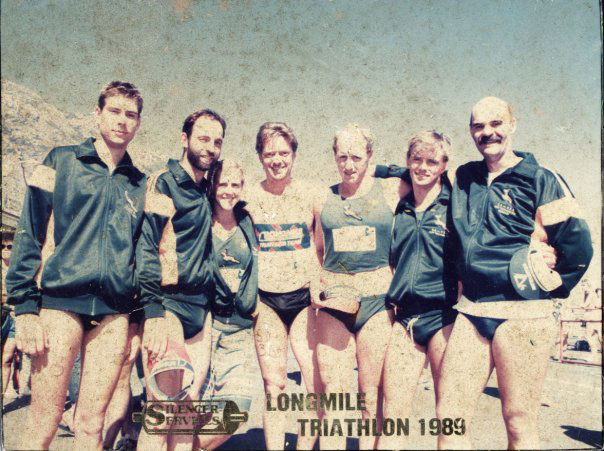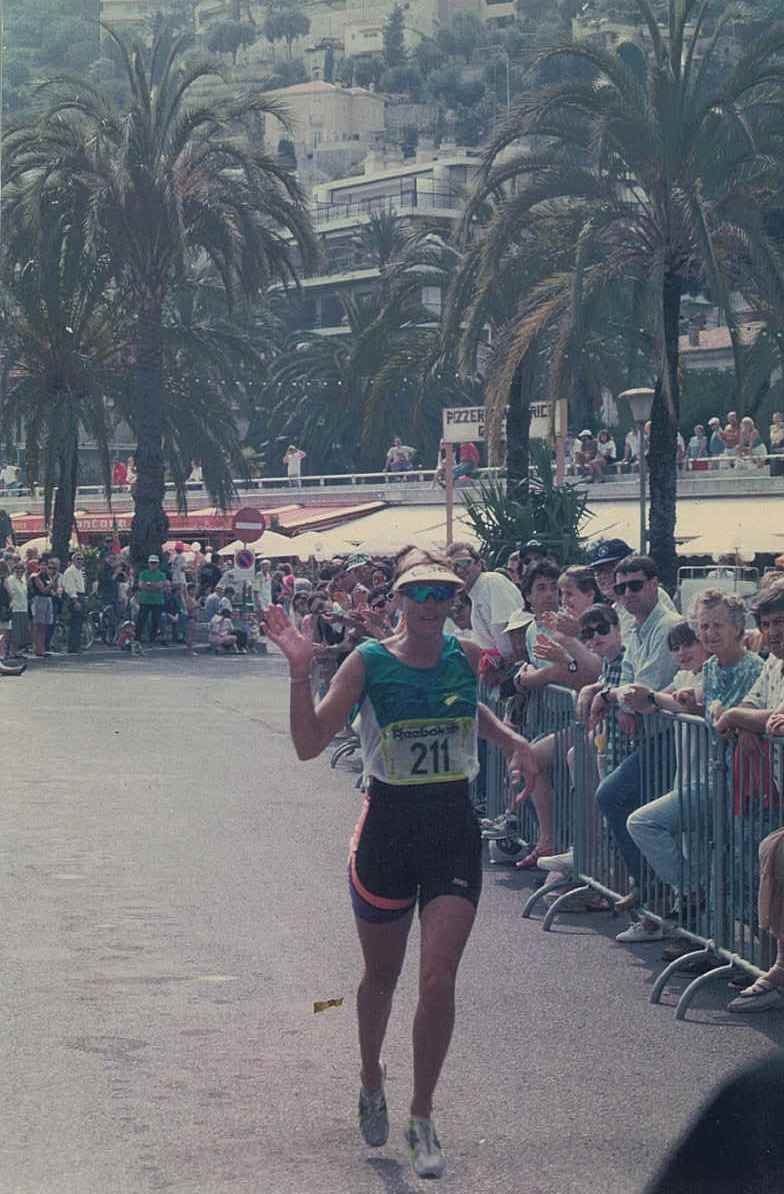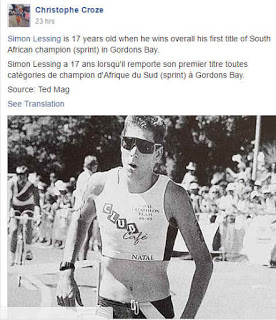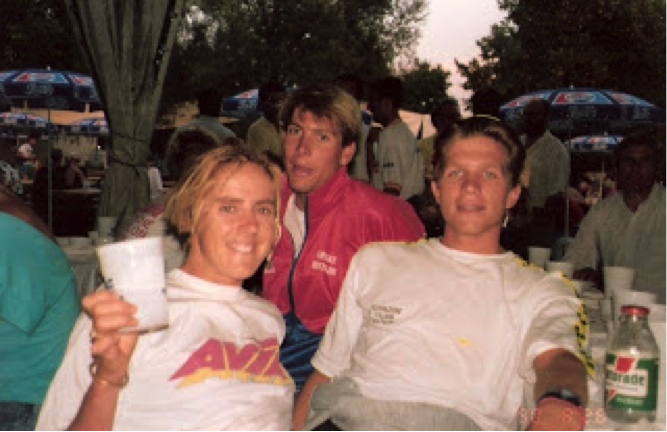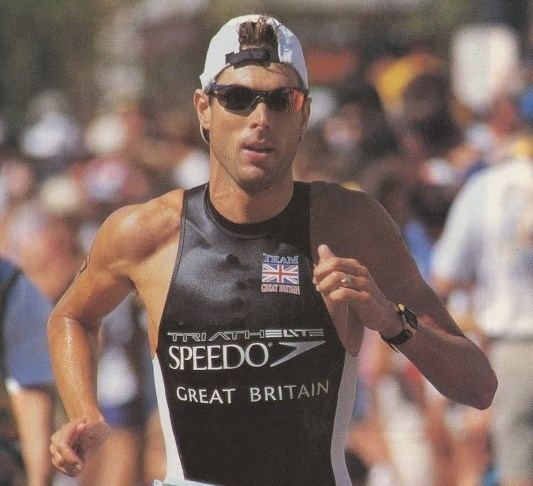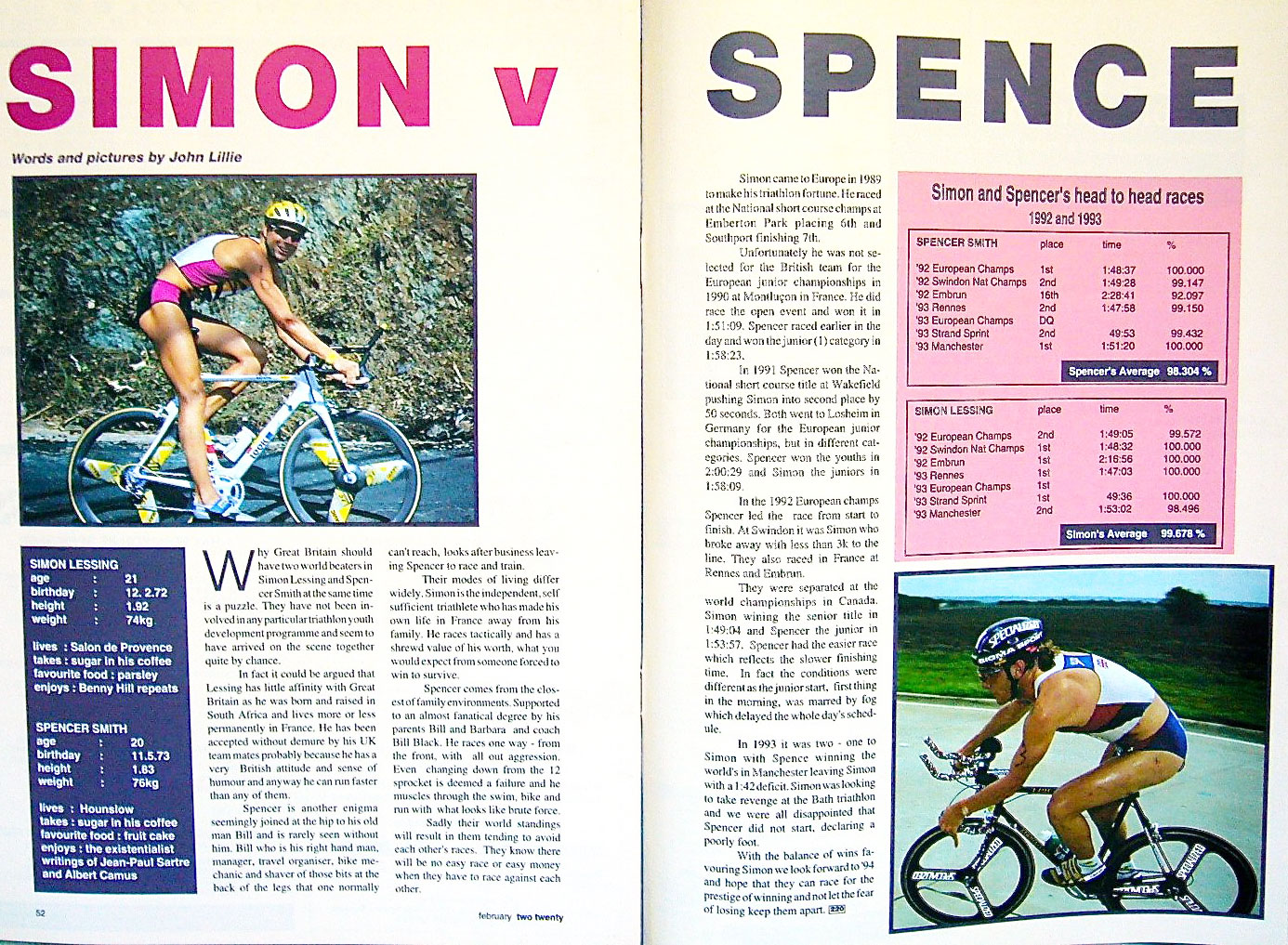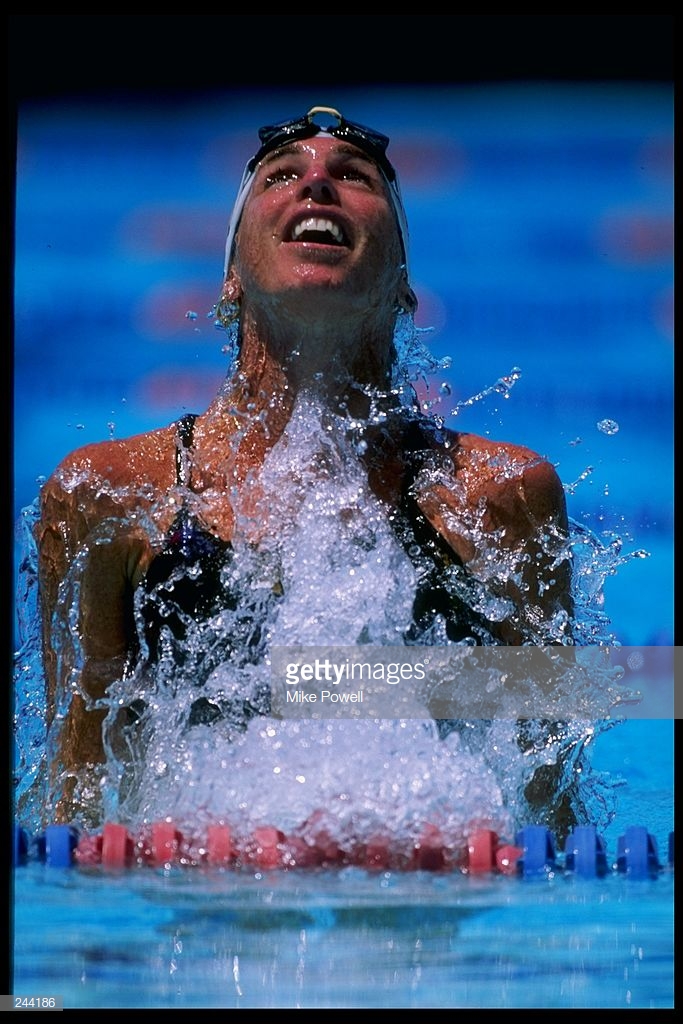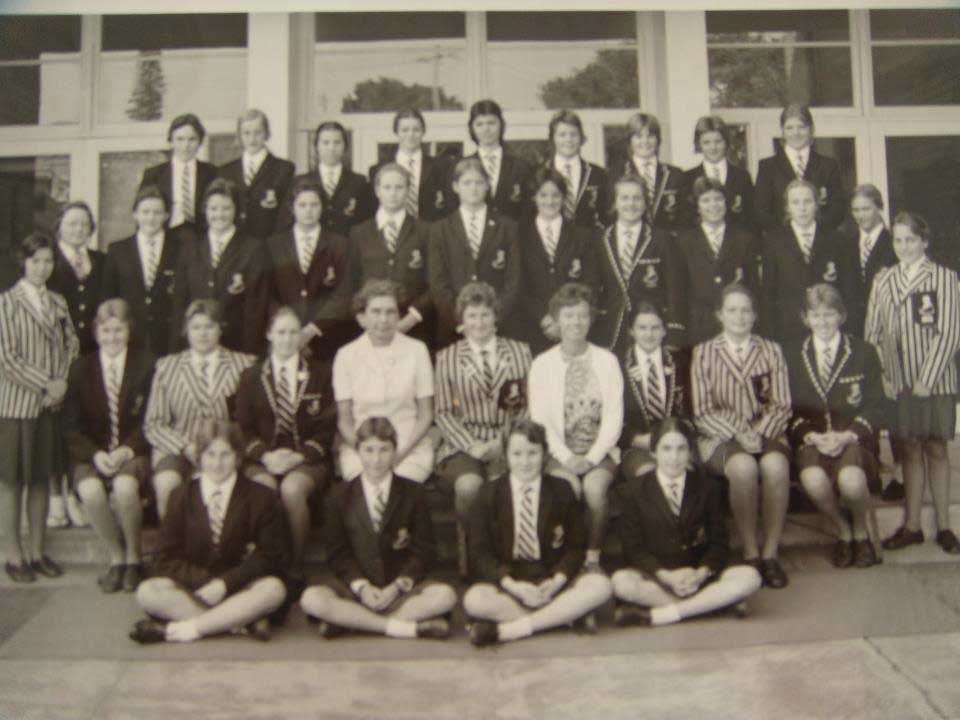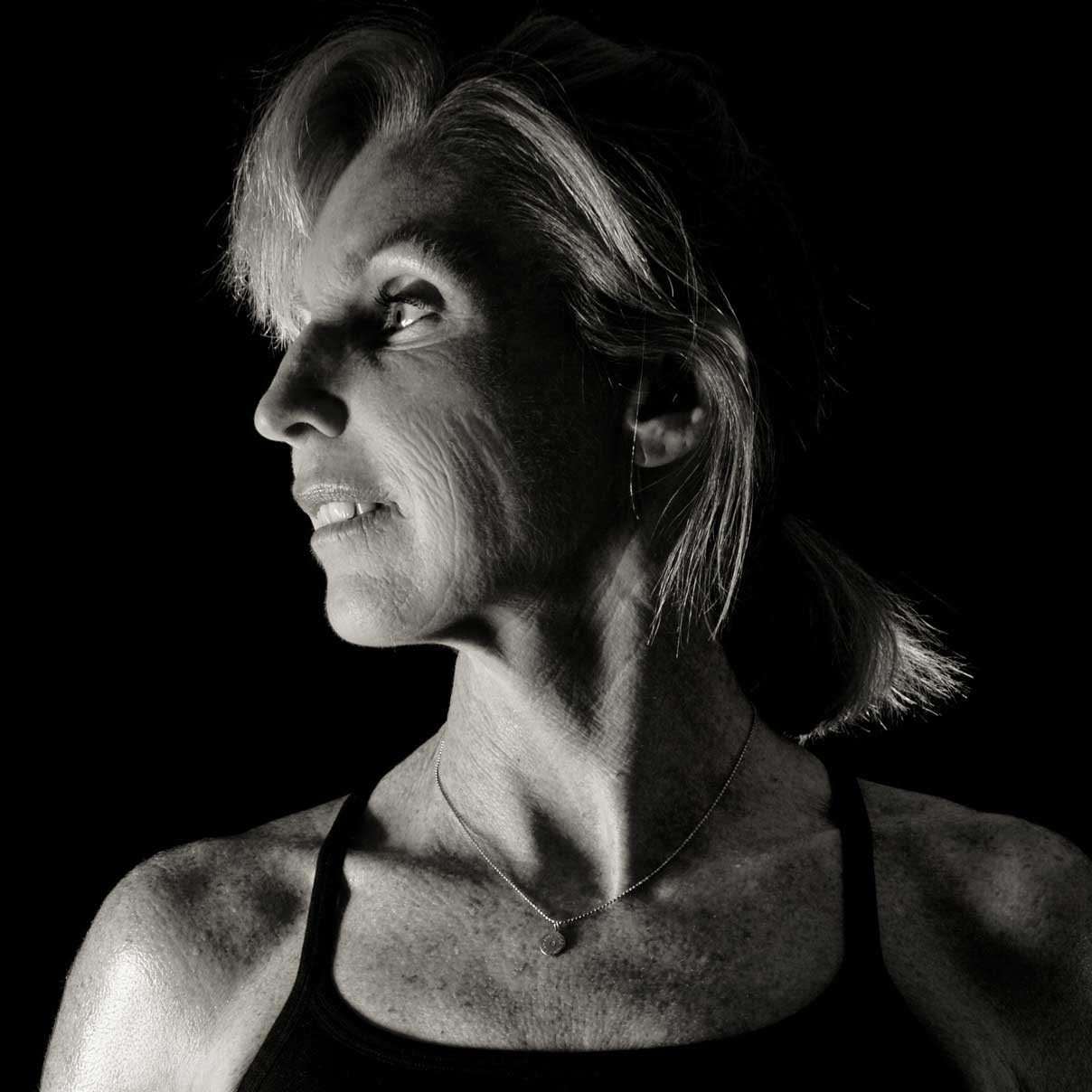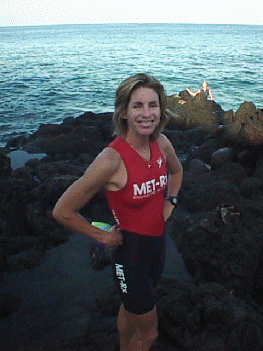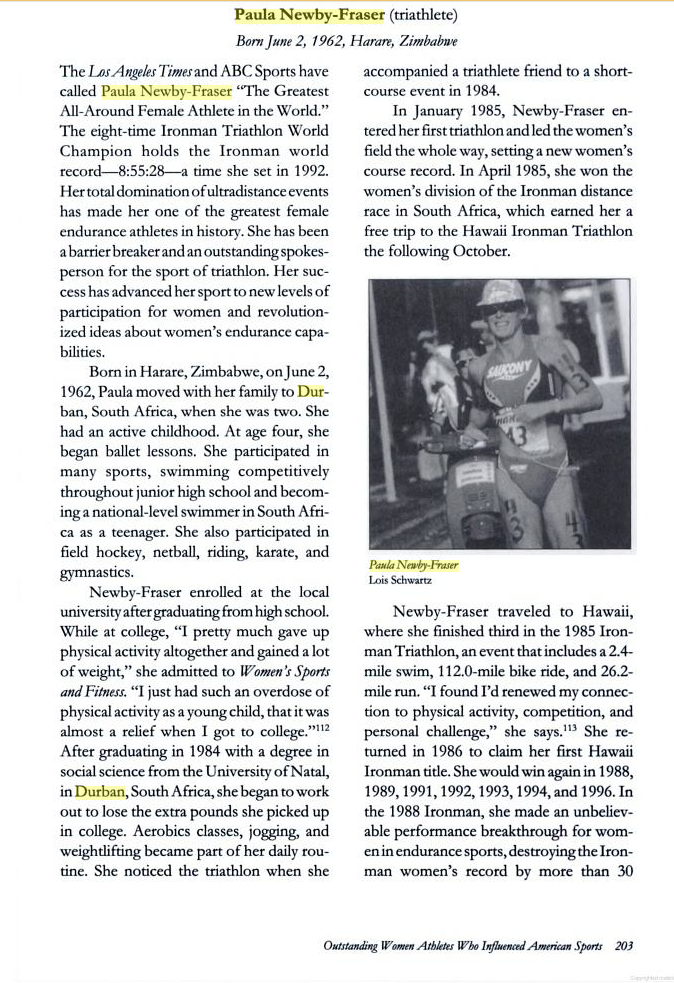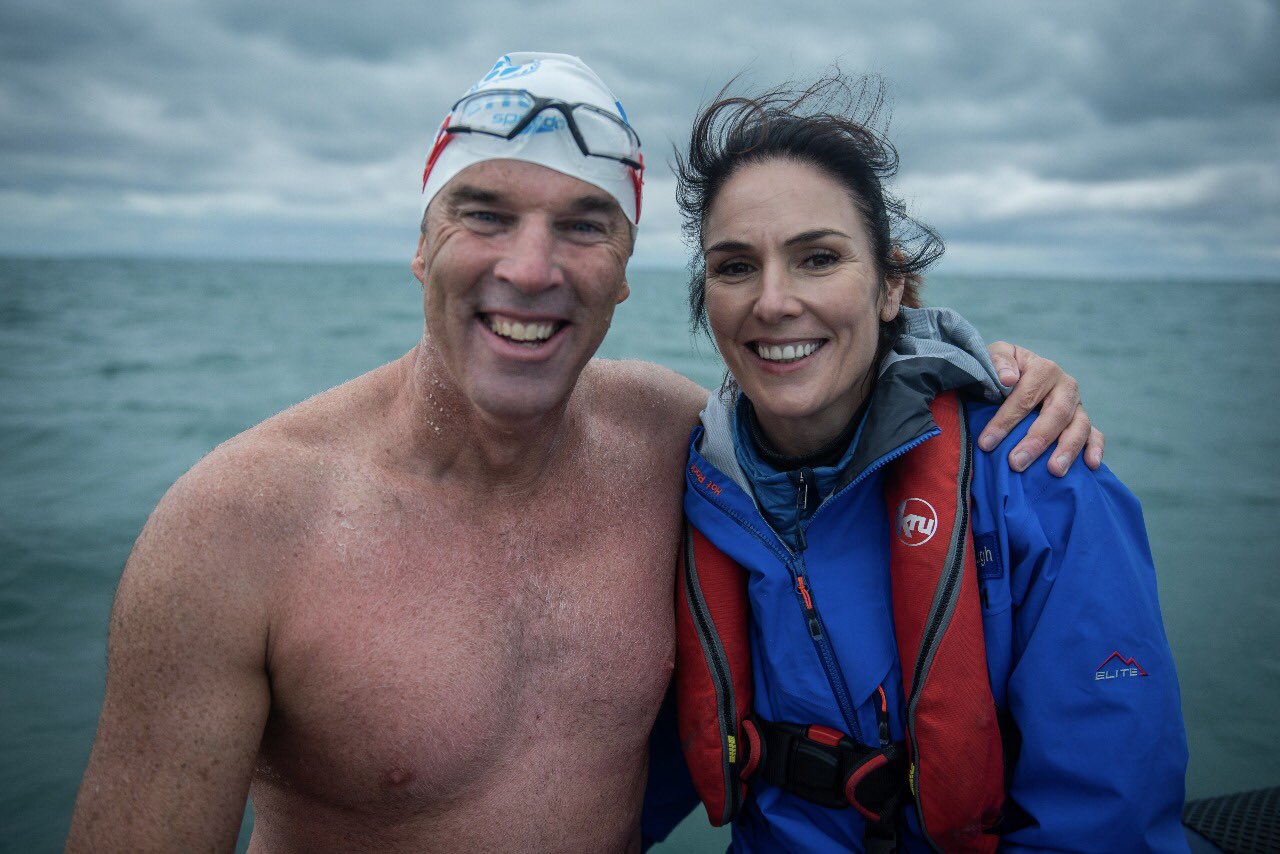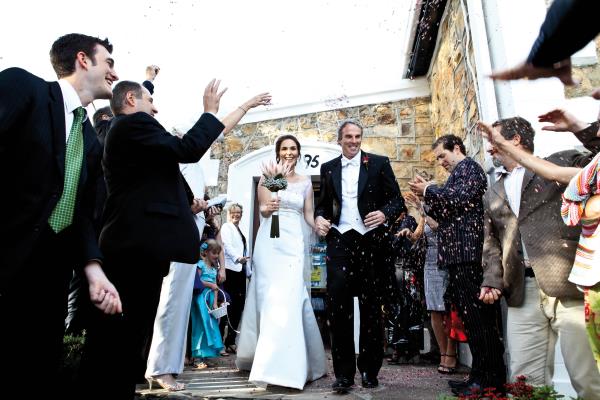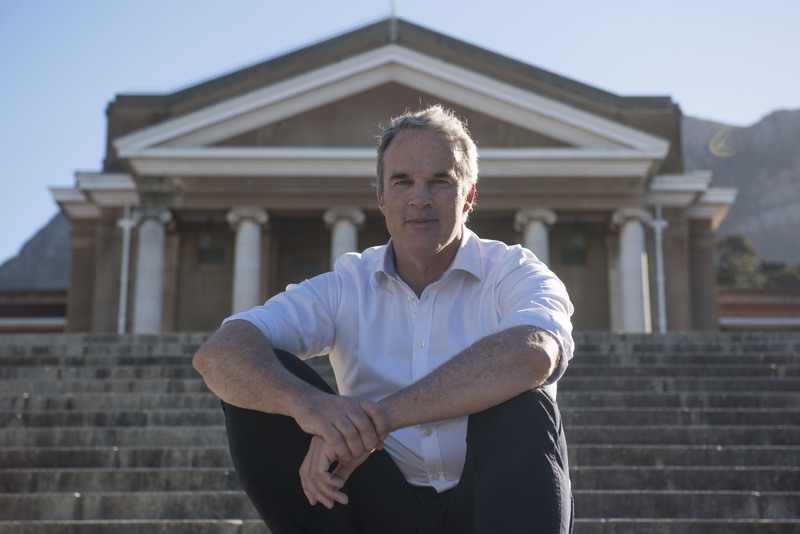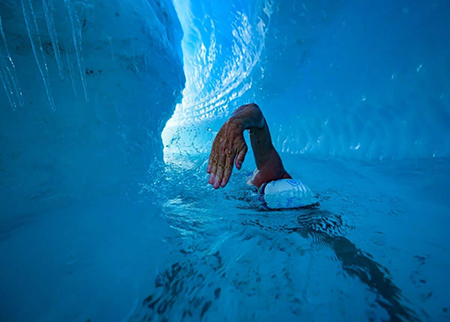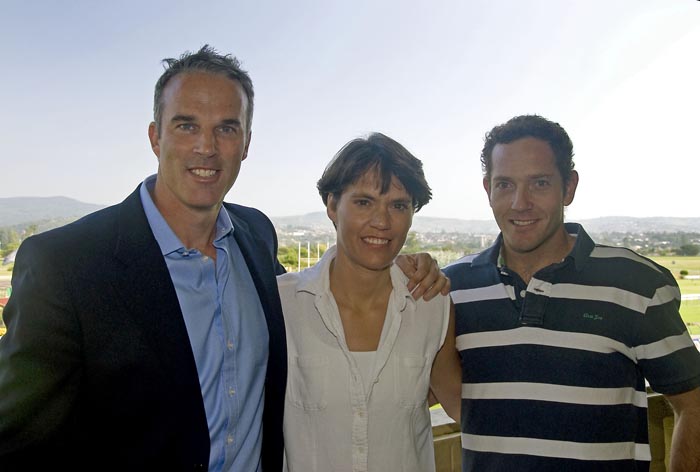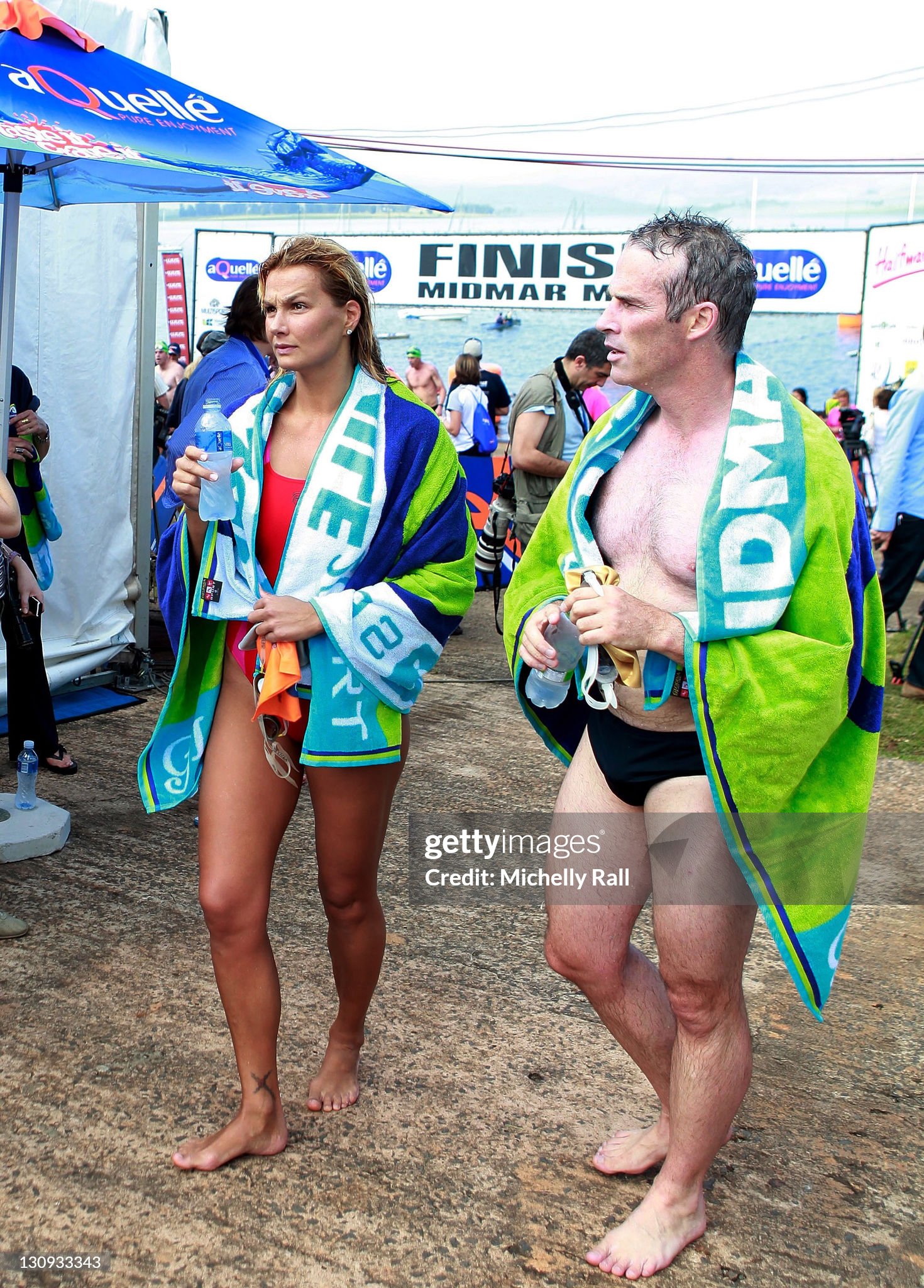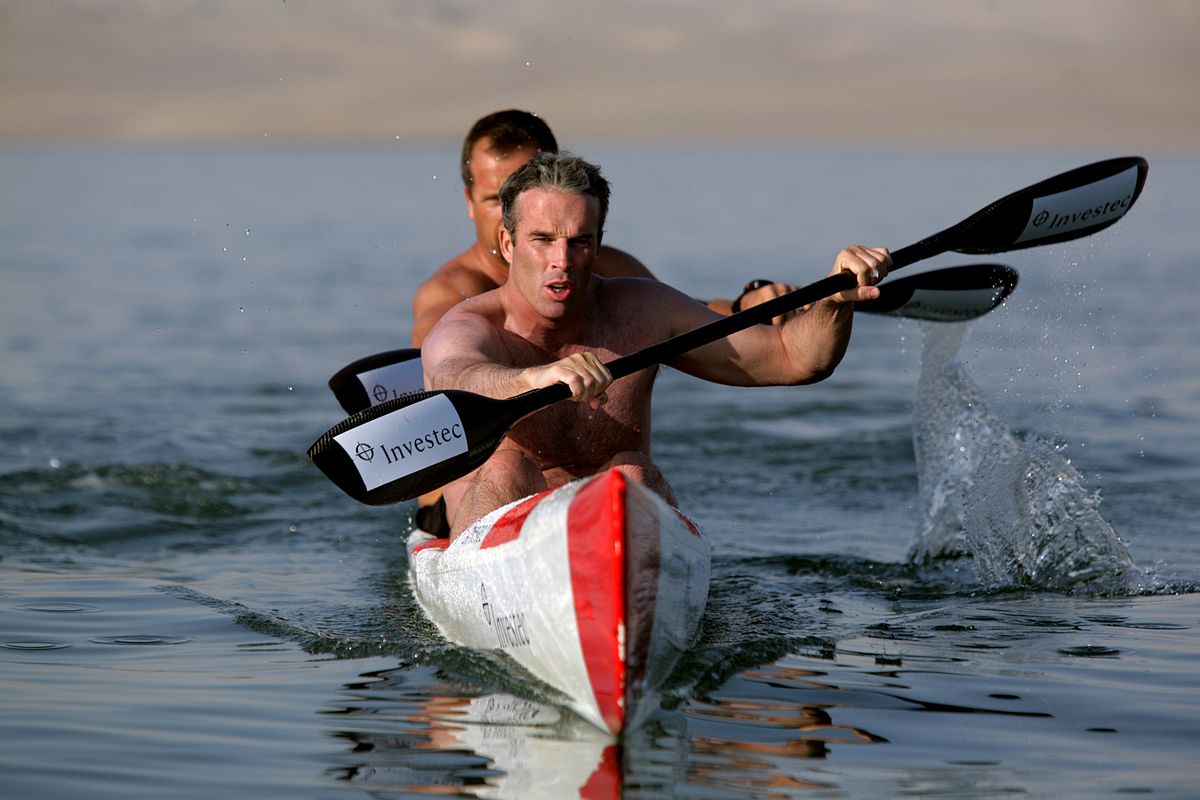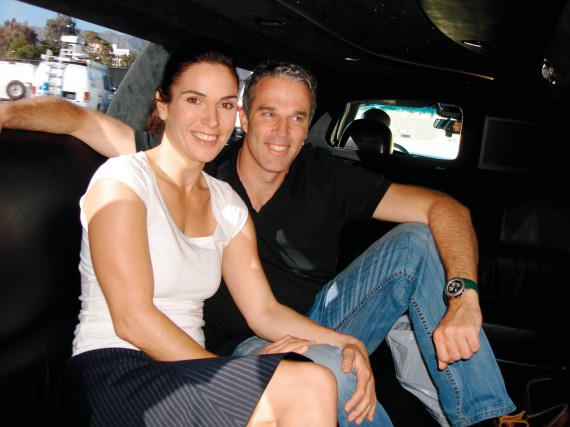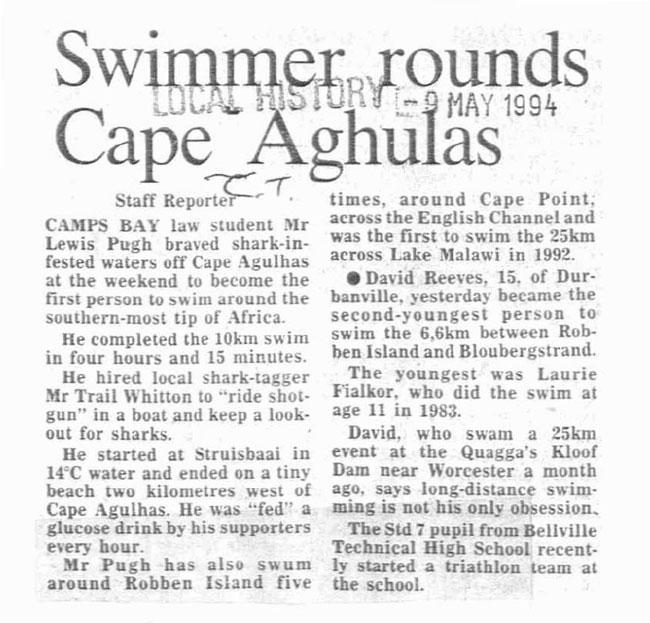Mandy Dean from Port Elizabeth was a trailblazer for SA triathletes competing internationally. Part of a small group of South Africans who made their way around Europe in 1989, here is the first installment of her amazing story
"After a good 1989 season in South Africa, we decided to go over to Europe and see if I could get onto the pro circuit using my German passport. We went over to do the Nice International again, where I repeated my sixth place.
After that race, I was invited to an Olympic distance race in Toulon in Southern France. So Simon Lessing, Kevin Richards, Mike Myers, Andrew Dean and I squeezed into a tiny hire car with all our bikes and bags and somehow went to the race. Simon and I both won and from then on were sought after by race directors all over France.
Like a band of gypsies, we traveled from event to event, making enough money to get us to the next race. Simon, Kevin, and I then got invited to join a triathlon team in a small town in the south of France called Salon de Provence, between Avignon and Marseilles. The club got us an apartment and organised our race schedule. We stayed with them for 3 years and, in our final year, received sponsorship from a supermarket chain; we got free food, which was a great help.
Simon, Kevin and I once arrived at a race up in the mountains very late because we got lost getting there. No one was around and the town was asleep. With nowhere to go we found the transition area and decided to sleep there. It was freezing so we put on all the clothes we had in layers and climbed into our bike bags. We got some really funny looks and laughs in the morning when the athletes started arriving and we were still zipped up in our bike bags. But they stopped laughing when Simon and I won the race!"
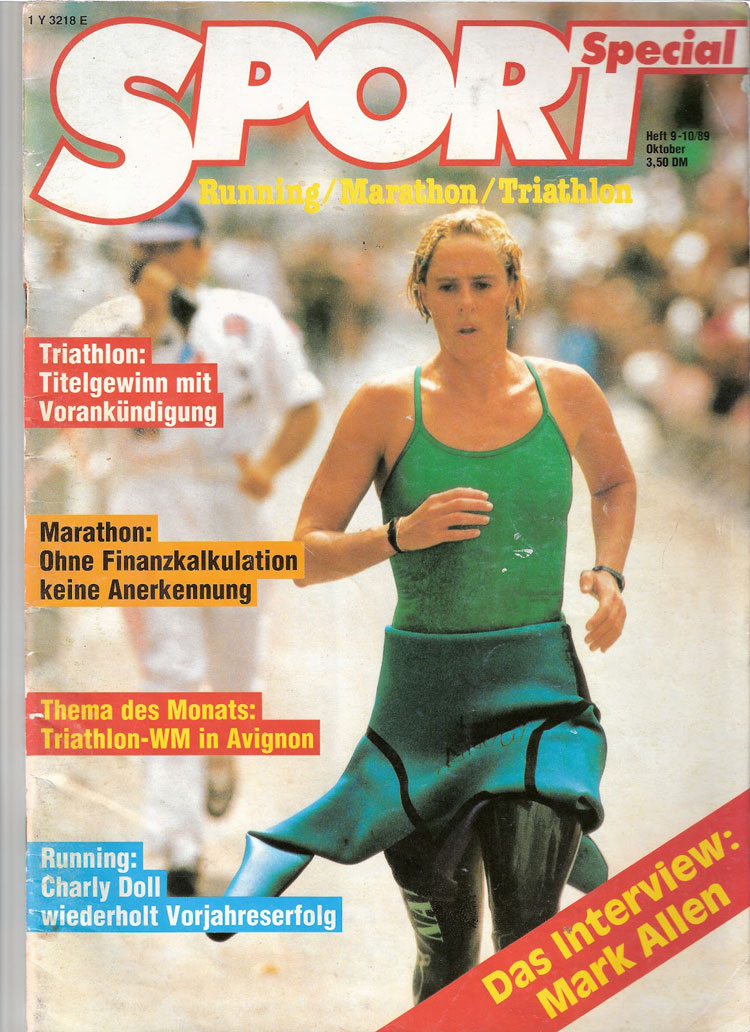
Undercover in France - True Story #2
In the latest installment of Mandy's story, we find out about life in France circa 1989, chasing the dream of being a pro triathlete.
"There was a constant stream of SA athletes who would come over for short stays with us. Andreas Lombardozzi used his Italian passport and was a regular, as were Harald Zumpt, Louanne Rivett, and others. They had to keep it very quiet that they had SA passports.
"I remember we stuck a huge map of France up on the wall and would sit around for hours discussing who was going to which race and how to get there and how much prize money was up for grabs. We would share food and cooking skills, had loads of fun, and trained hard in the beautiful French countryside. Through fields of sunflowers, lavender, poppies, vineyards, orchards of apples, pears, peaches etc. Many nights we would go "shopping 4 fruit", with bags on our backs stealing fruit from the fields and using our bikes as 'getaway vehicles!' We lived very humbly but always had enough to share. We really trail blazed our way through Europe with no help from home and only our bodies, bikes and wits to rely on."
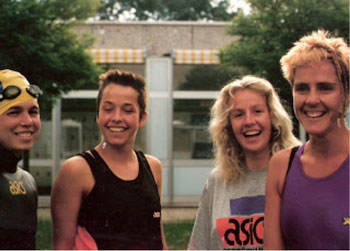
Undercover in France - True Story #3
After a few tough months in France, Mandy heads to West Germany in a bid to qualify for their national team.
"Simon (Lessing) and I were lucky because we had our foreign passports; he competed for Great Britain. I went to Germany for the first time to race in the German championships in 1989. It was a huge surprise when I beat their top lady, European and German champion Simone Mortier.
"Suddenly, I was part of the German national team; it felt like a real 'Cinderella' story. They treated me really well and threw so many great sponsorships at me; A bike company gave me 2 training bikes and a state-of-the-art racing bike with disc wheels and tri spokes. Basics sponsored my clothes and shoes together with financial incentives, as did Valley and Andaman wetsuits.
"I got a manager and was totally fitted out when I got back to France. The Germans were really good to me and for the next 3 years I raced on the national team. My German was terrible but most of my teammates spoke English to me. It was too cold and rainy for me to train in Germany, so I traveled between France and Germany preferring the weather, scenery, and the company of my fellow SA friends.
"One funny training story I recall about training with Simon, Kevin Richards, Andrew Dean, and the other boys was a mountain session out of hell. I started out feeling a bit flat on the bike, even struggling to keep up on the flat roads. When we got to the mountains I died. The boys just rode away from me and the harder I tried the worse it got. I was left behind, cursing and grumpy. They kindly waited at the top. I angrily told them not to wait and eventually arrived home exhausted and defeated. Then I looked down at my back wheel and notice that my brake was scrapping and I had ridden all that way with my brakes on; The boys laughed and teased me!"
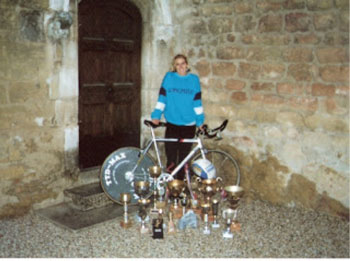
Undercover in France - True Story #4
Now a fully-fledged professional triathlete, Mandy is living the dream and representing her adopted country at world championship level.
"I did hundreds of races over those years. Every weekend was a different race in a different place; it all became a bit of a blur! Racing for West Germany meant that I got to compete in the first ever Olympic distance World Champs in Avignon, France in 1989, and Orlando, Disneyland the following year.
"At the end of the European season, we would normally come back to SA for a break. But in 1990, the European Triathlon Federation took a stand and banned Simon (Lessing) and I from even training in SA! So we went to Zimbabwe and trained together there for 3 months. Everything was going well until I got a terrible phone call, which changed my life and will to compete: my little sister of 19 years old had been tragically killed in a car accident. I took it really, really badly and struggled to continue. I wanted to give up triathlon, but had signed contracts back in Germany and was obligated to return. It was a very hard season and, considering my situation, a good one. But my heart wasn't in it. I became more focused on winning prize money than anything else, saving it all to start my life over again in SA and build my dream house.
"My last race was an international in Morocco. After a good race where I finished second, I walked up to the nearest dustbin and casually threw my running shoes into it, retiring on the spot and vowing to never race again. And all these years later I never have. We shared a very special time of our lives together and will always remain close because of them."
Undercover in France - True Story #5
Mandy Dean fills us in on returning home to Port Elizabeth. This series of installments on her career was used for an in-depth historical account of triathlon in South Africa, which is featured in the latest Ironman South Africa magazine. Available at various cycling and running outlets throughout SA. Alternatively, contact Electric Ink Media at <
Thanks to Mandy for making this piece happen.
"Today my life is still filled with sports people. For many years my ex-husband and I had a swim club here in PE. We then decided to focus on the development of swimming with African kids.
I took a year's sabbatical, traveling through India and studying yoga. Now I am back and coaching again. I am also working with my friend Peter Williams (ex-world record holder) from Johannesburg who owns the WATERBORN swimming club. He brings groups of his top swimmers to PE for training camps. They stay at my house that I built with my triathlon winnings, which can now house about 40 people; the swimmers sleep, eat, swim, get a massage, and do yoga every day.

The WATERBORN house is just outside PE in Sardinia Bay. We teach them how to train hard and be focused, while still having fun. I try to teach some of the wisdom gained from competing with some of the best athletes in the world. What it takes to get there, what it takes to stay there. And how to pick yourself up again and again, no matter what. When to quit and when not to. All essential lessons learned from my years of triathlon in Europe."
https://athletenatural.blogspot.com/2014/09/mandy-dean-pes-original-ironlady.html
